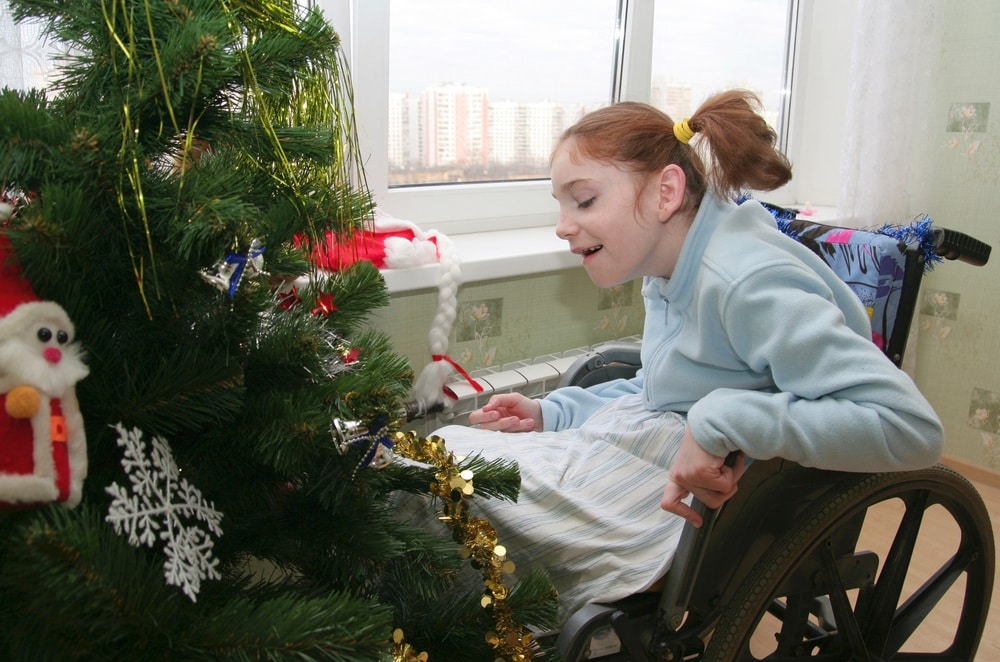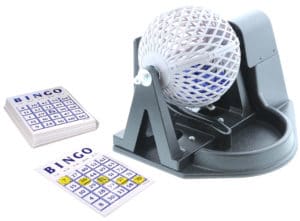It’s been more than a century since James Edgar, of Brockton Massachusetts became the first department store Santa Claus. Since then, visiting Santa at department stores and shopping malls has become an annual holiday tradition for generations of children. But until recently, children with disabilities often missed out on the fun. That’s because department stores and shopping malls, with their throngs of people, long lines, fluorescent lighting and super-stimulating atmospheres can be uncomfortable for children with autism, sensory integration disorders and other developmental disabilities. As Lucia Murillo, Autism Speaks’ assistant director of education research explains, “The abundance of sights, sounds, crowds and other sensory stimuli can easily trigger challenging behaviors that seem near-impossible to handle in a public place.”
Yet in 2011, disabilities activists from Autism Speaks and other organizations initiated partnerships with companies such as Cherry Hill Programs (which brings Santa and the Easter Bunny to venues across the country) to offer sensory-friendly “Santa experiences” for children with special needs. During these Santa experiences, stores and malls typically dim lights, turn off music, and keep crowds to a minimum by opening a couple of hours earlier than usual. Families can make appointments to meet with Santa, so there’s no need for waiting in line. Sensory friendly Santas receive training in how to interact with children with special needs. According to Disability Scoop, this holiday season, sensory-friendly Santa experiences will be available at more than 300 different locations across the country. That’s up from 180 locations in 2016! To locate a mall with a sensory Santa experience near you, visit Autism Speaks website.
In addition to sensory friendly Santa experiences, stores such as Target and Costco have also been offering sensory friendly or quiet shopping experiences for families with children with autism. For example, a Framingham, Massachusetts Target store partnered with the Asperger/Autism Network to offer a sensory friendly shopping event on Dec. 10. As NBC Boston reported, the store opened three hours early. “During those hours,” said NBC.com “the store will shut off music, dim lights and minimize flashing screens. There will also be a quiet corner where guests can relax.”
Need a toy for a special person? No need to go to the mall or a store. Just visit enablingdevices.com.













